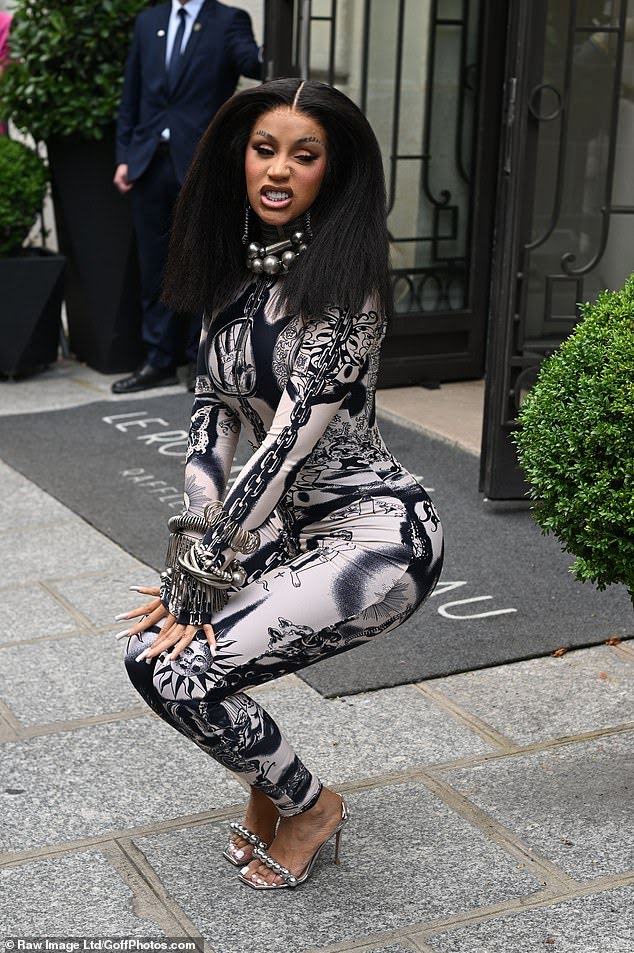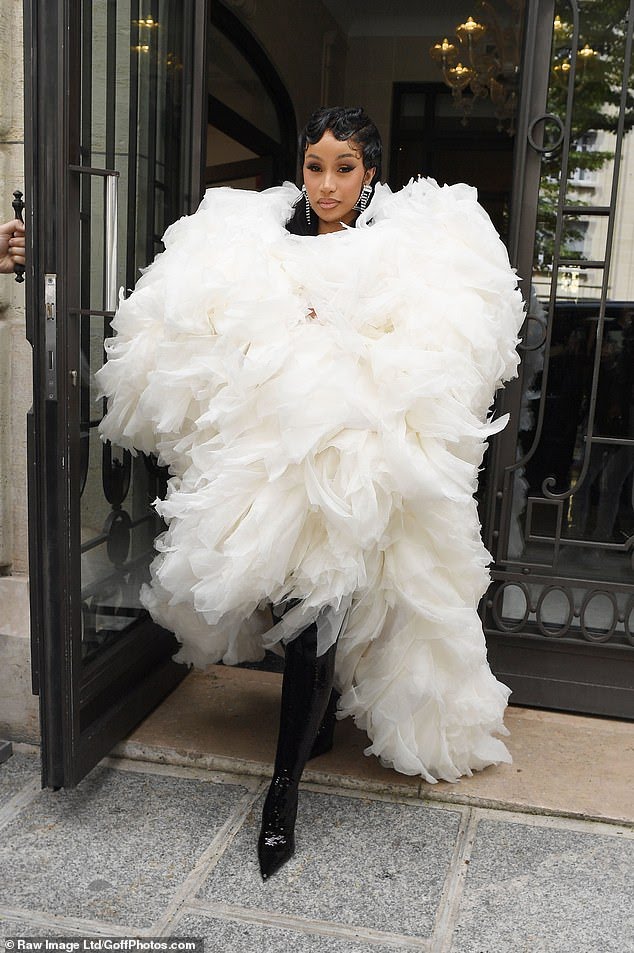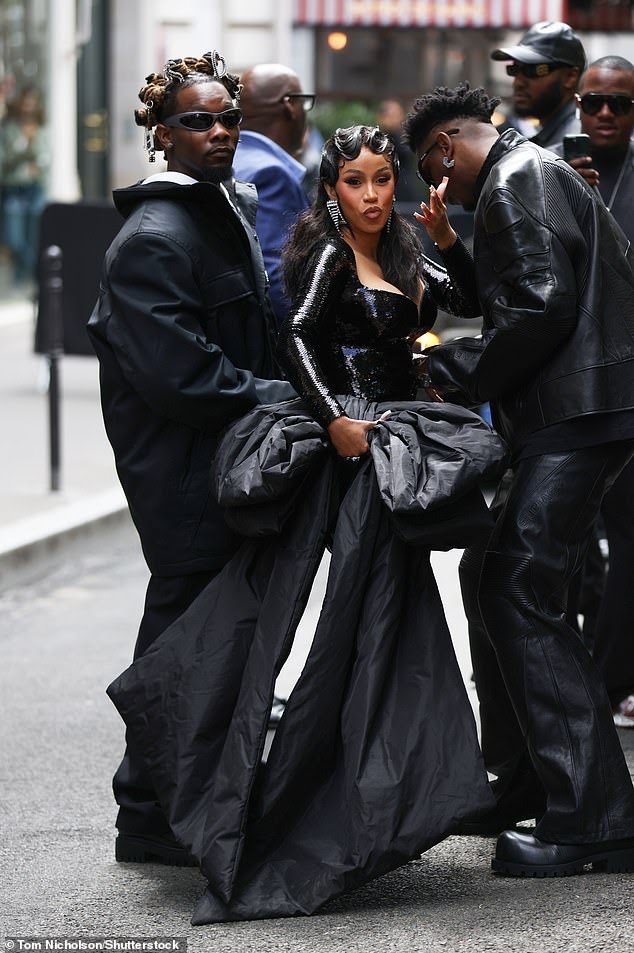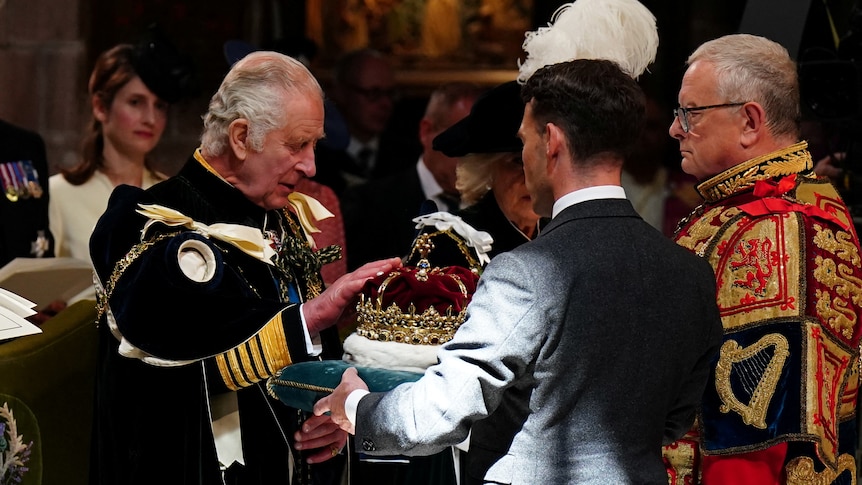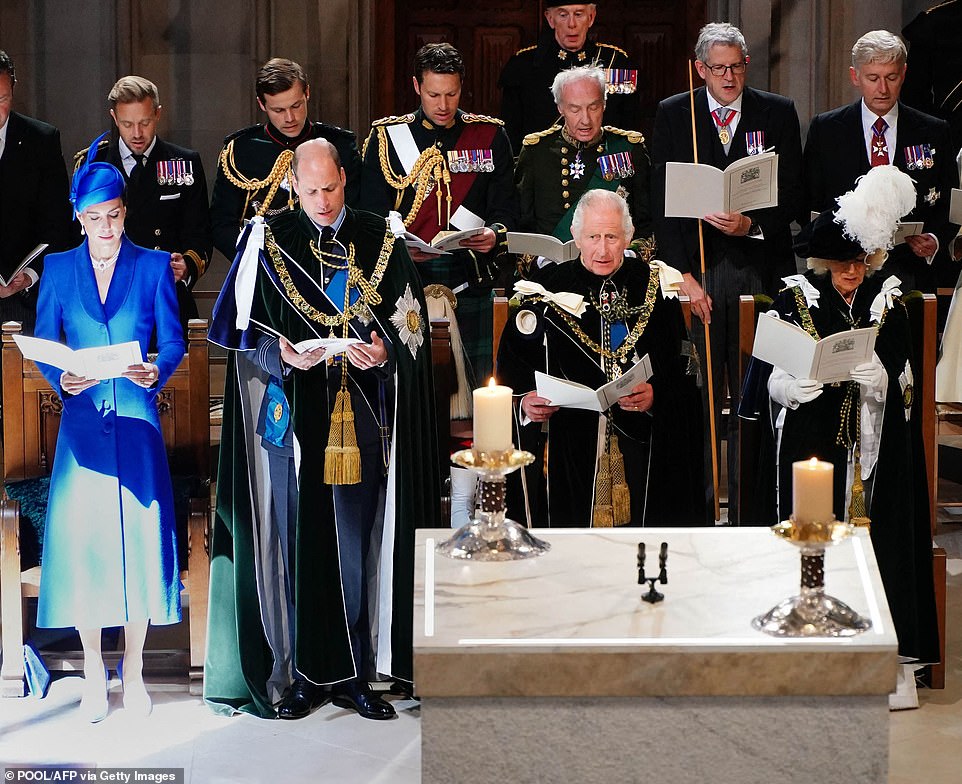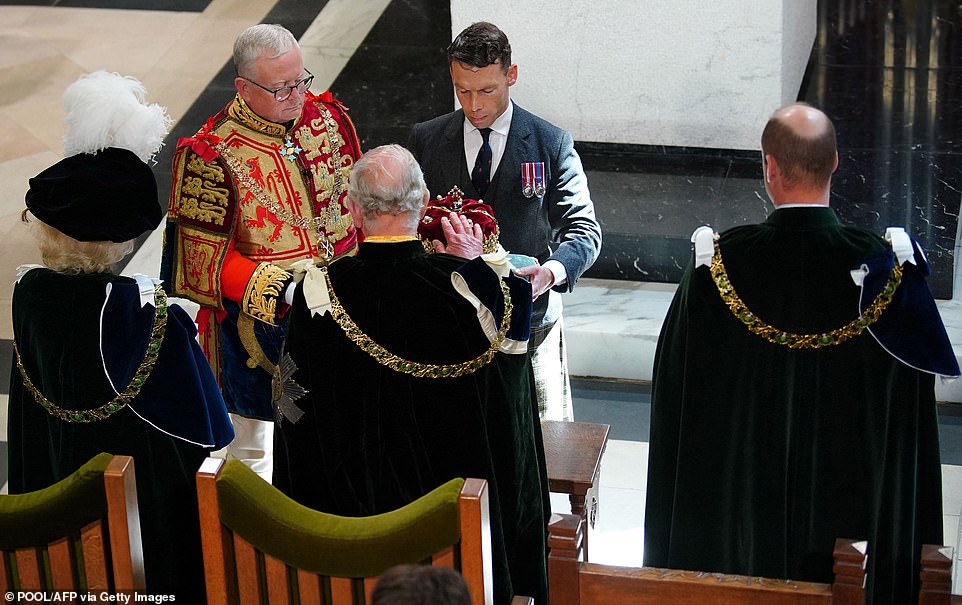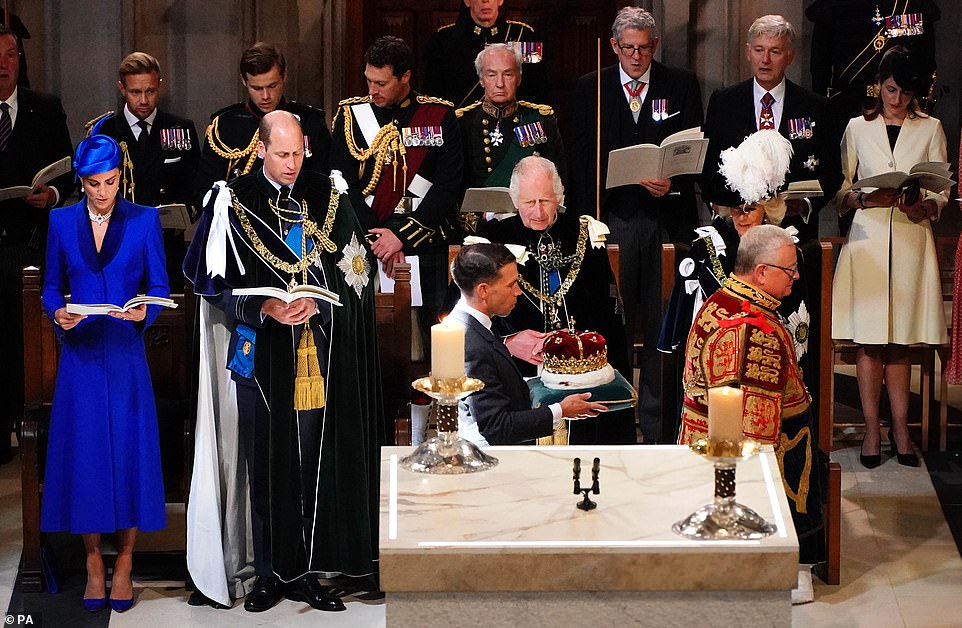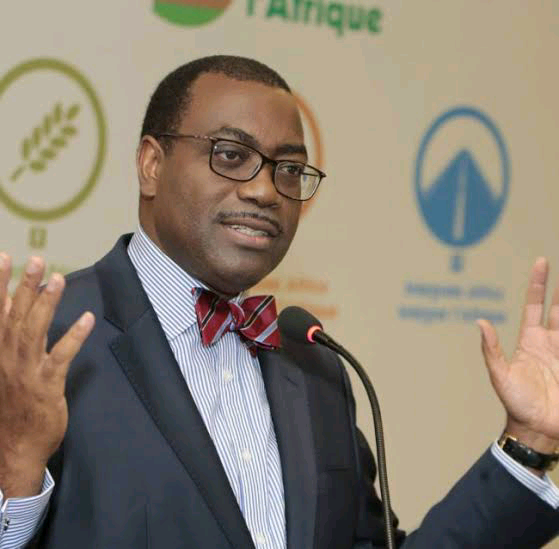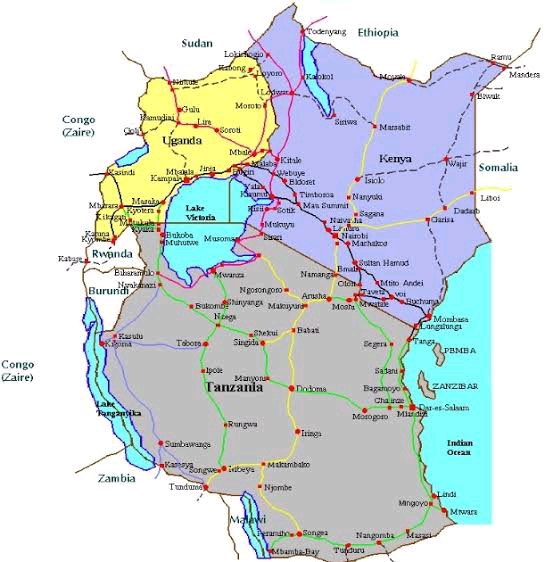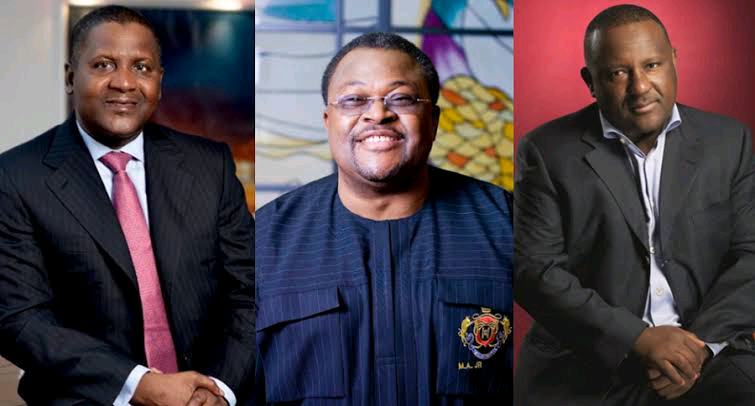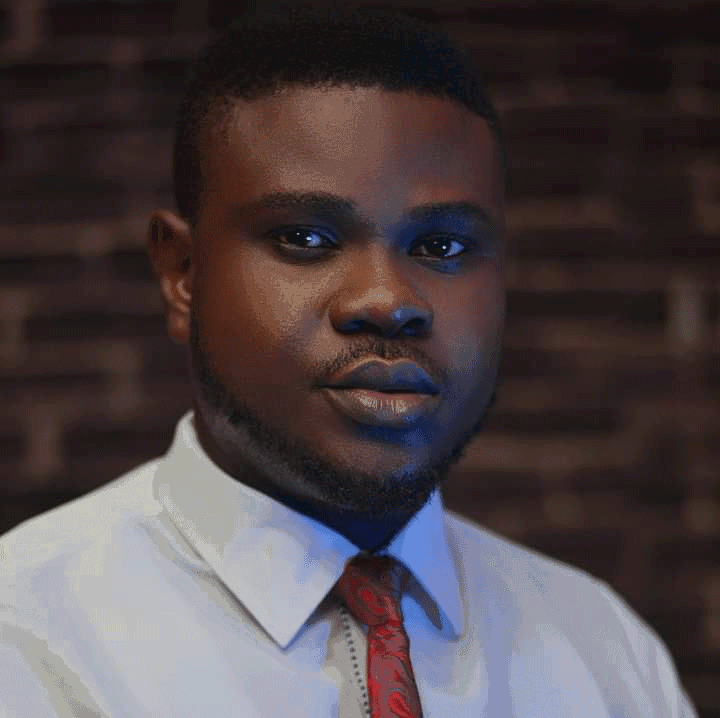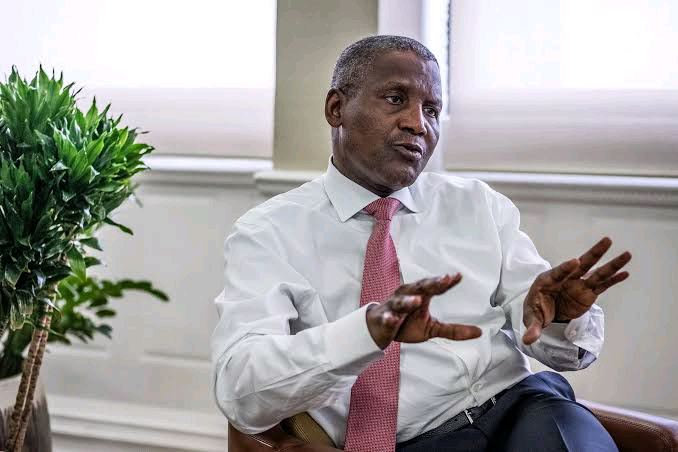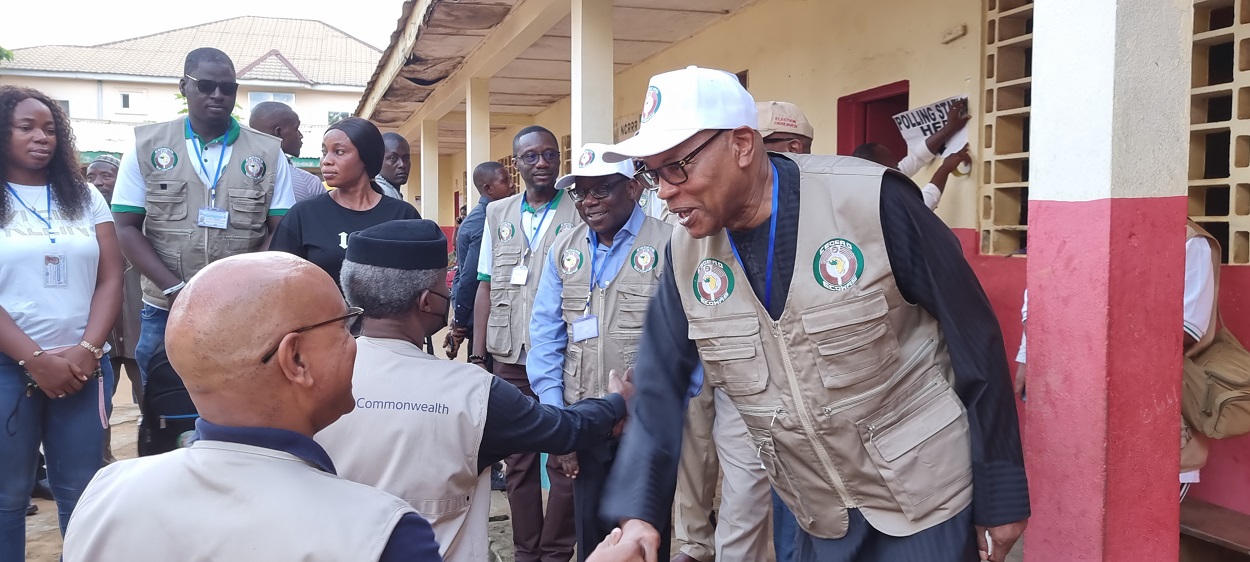The bot was in the 80th percentile of performance, around the same level as a first-year associate at the hedge fund.
The co-CIO of Bridgewater Associates seems pretty impressed with the investment acumen of OpenAI’s ChatGPT artificial intelligence tool.
Greg Jensen, co-CIO of the world’s biggest hedge fund, told Bloomberg that ChatGPT was able to pass its investment associate test, and that the power of the buzzy AI chatbot is like having “millions” of junior staffers working all at once.
Speaking on the Odd Lots podcast, Jensen – who’s flagged AI as a major interest for Bridgewater well before ChatGPT’s viral craze – said the hedge fund was now experimenting with machine learning AI in its trading strategies.
Bots like ChatGPT have already performed well on Bridgewater’s internal tests for investments associates, Jensen said. ChatGPT 3.5, the most well-known version of the AI large language model, scored at the level of a first-year associate at the firm, landing in the 80th percentile of all test takers.
Though the chatbot isn’t perfect, its strong performance reflects a significant amount of brainpower, Jensen said, who equated ChatGPT’s abilities to having an army of investment associates.
“Because all of sudden if you have an 80th percentile investment associate, technologically, you have millions of them at once. And if you have the ability to control their hallucinations and their errors by having a rigorous statistical backdrop, you could do a tremendous amount at a rapid rate. And that’s really what we’re doing in our lab and proving out that process can work,” he said.
Major issues largely revolve around ChatGPT’s tendency to give inaccurate information, Jensen said, calling some of the bots’ answers outright “hallucinations.”
He suggested the AI bot was unlikely to fully replace human employees anytime soon, though Bridgewater is working on a fund primarily run by “machine learning techniques,” Jensen said, adding that the firm was trying to pair ChatGPT with other statistical and AI models to improve its predictive capabilities.
“You still need – for as far foreseeable future – you’re going to want people around that, working on those things,” Jensen said, noting there was a greater need for “flexible generalists” who were able to utilize “whatever tools are necessary” to meet a goal.
Wall Street has been eyeing ChatGPT’s role as a potential investment advisor, though most experts agree more work needs to be done on the language model before it dispenses truly reliable investment advice.
At the moment, the bot can only generate “first-level” responses and is incapable of applying knowledge to specific situations, according to Morningstar Investment Management’s CIO.

